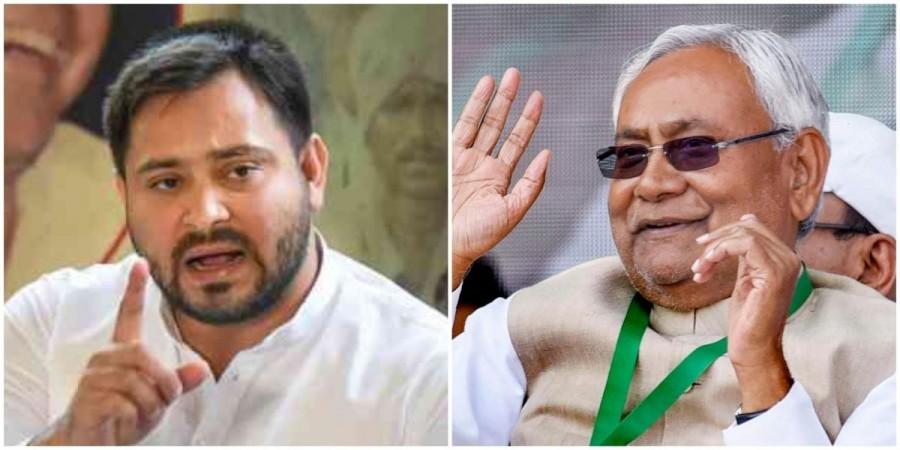
With the Assembly election in Bihar due to be held amid the coronavirus pandemic, virtual rallies will play an important role in connecting with voters.
However, it will be a big challenge for political parties to reach voters through live streaming especially in flood-affected areas.
Flood-affected areas remain cut off
Experts believe that the cellular towers installed in flood-affected areas may be less effective due to waterlogging on the surface which may reduce the speed of the internet.
"Areas surrounded by flood and rain might interrupt subterranean network in many ways. The combination of water seeping into the ground can damage the various electric components in the network, or cause physical damage at locations where the fibres are spliced together," an official of BSNL said, requesting anonymity.
"Heavy monsoon rain, wind, and lightning can cause damage to cell towers, resulting in interruptions in the area they cover. This is also due to loss of signal in particular area. In this case, signal may catch from nearby cell towers. It puts additional burden with chances of signal reduction. A cellular tower of service provider generally has a capacity for 600 phones," he said.
"Suppose a cell phone tower is installed in the middle of water and the place is completely cut off from land, it would be extremely difficult to reach there and repair them in case of technical errors," he said.
Bihar currently has around 85 lakh people affected in 16 flood-affected districts. The flood situation remains serious.
In this case, the political parties will face more challenges and largely dependent on ground level workers.
Nikhil Anand, the chief spokesperson of BJP Bihar unit said: "BJP is a cadre-based party with dedicated members in all constituencies. Our organisational structure is such that it connects with people standing at the last mile of the state through our 'saptrishis' and 'Panna Pramukhs'."
As per recent reports of Election Commission, Bihar has 1,06,526 polling stations in 2020 which is 62.96 per cent higher than during the 2015 polls when there were 65,367 polling stations.
The other bigger political parties like JDU, RJD and Congress have similar strength to connect with voters. The smaller parties would face greater challenges due to lesser ground workers.









